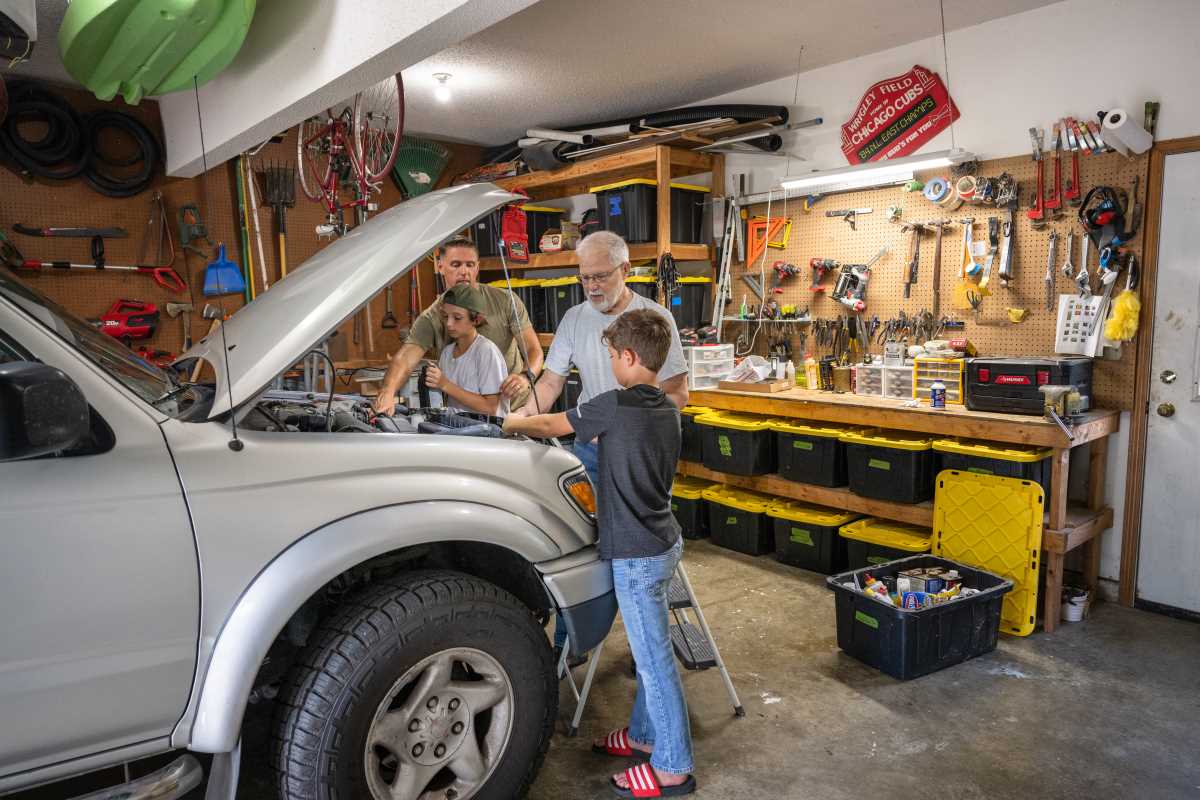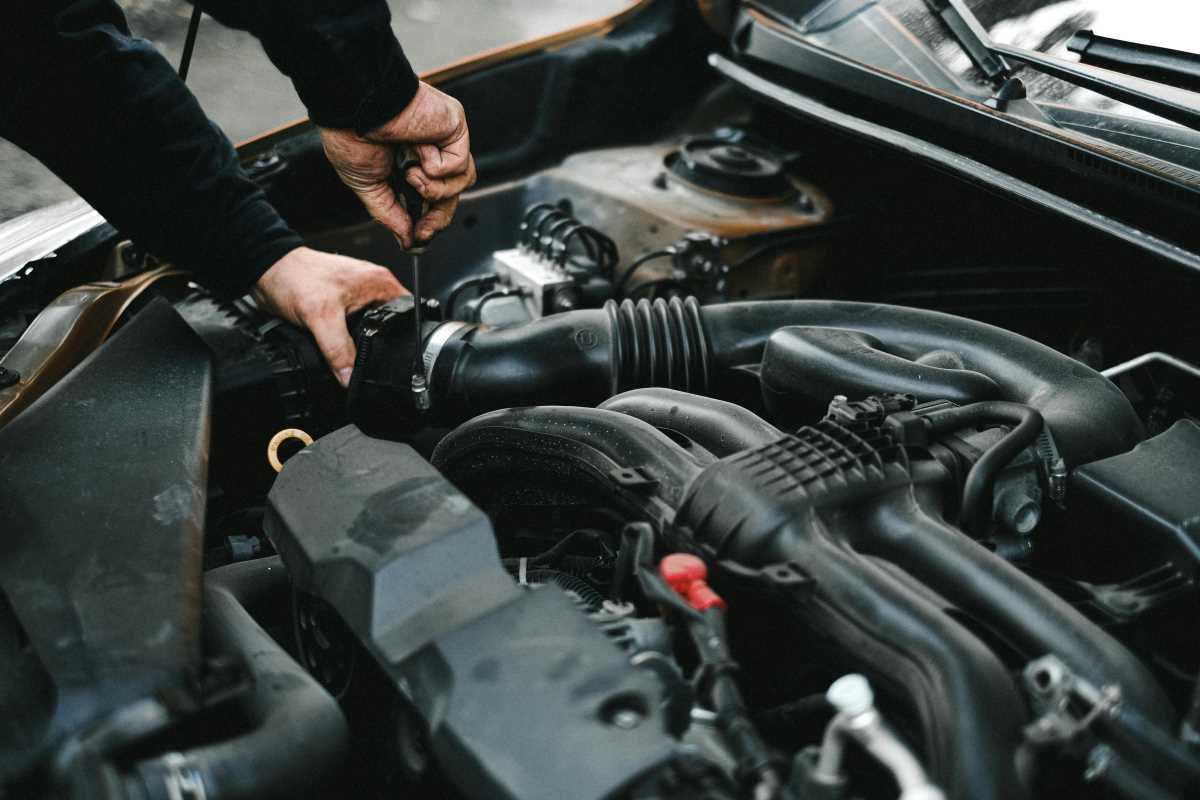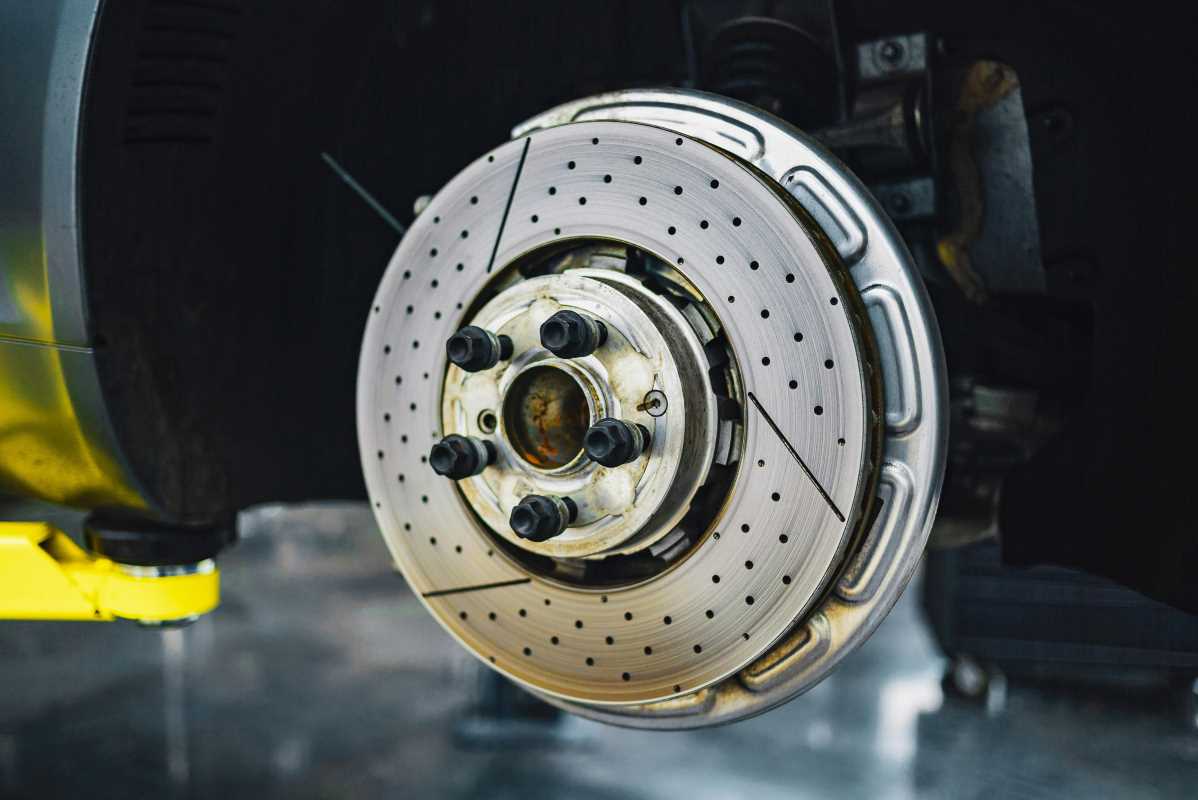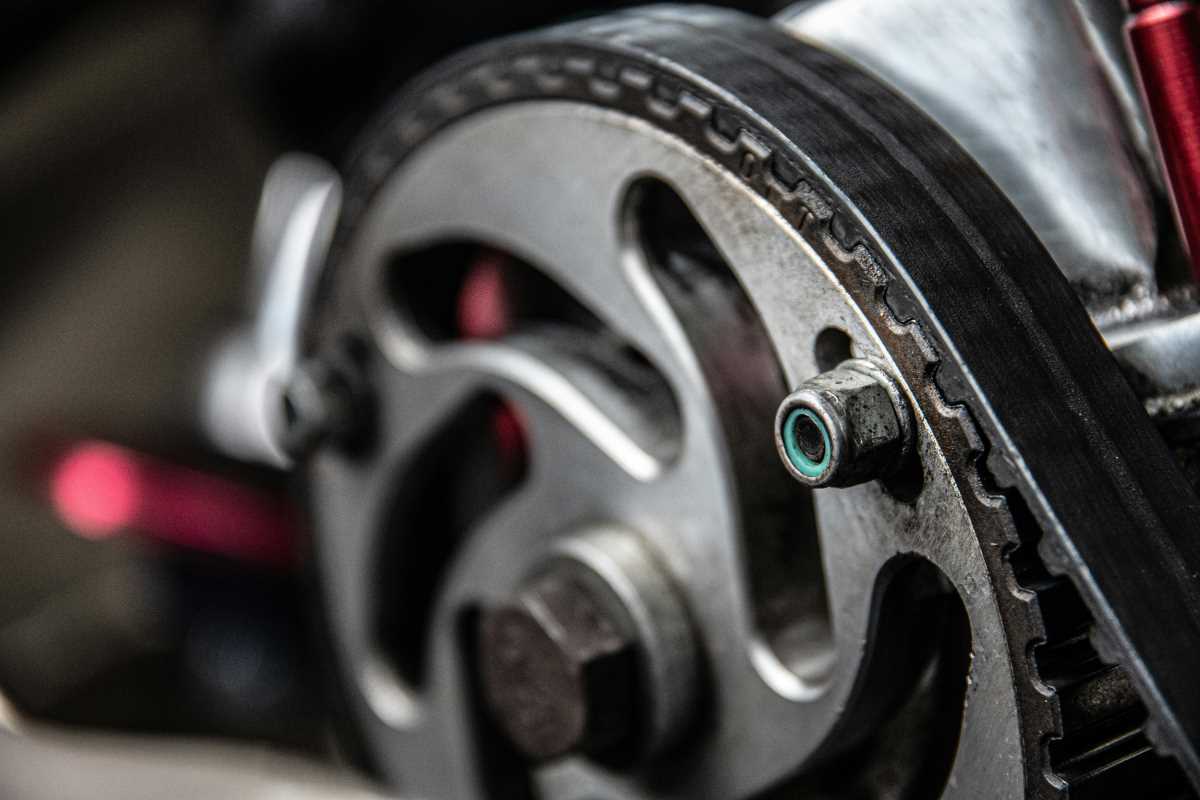Your car’s engine is its lifeblood, powering every journey you take and ensuring your vehicle runs smoothly. Like any vital organ, it requires consistent care and attention to perform at its peak. Skipping regular maintenance might seem harmless at first—after all, what’s the harm in pushing off an oil change or ignoring a small noise? But even minor neglect can quickly snowball into costly repairs, unexpected breakdowns, and added stress down the road.
1. Why Is Engine Care Important?
Maintaining your engine ensures optimal performance and prevents costly repairs down the line. A neglected engine can lead to poor fuel efficiency, breakdowns, or even total engine failure.
- Key Benefits:
- Enhanced fuel economy
- Extended engine lifespan
- Reduced risk of breakdowns
Pro Tip: Regular engine care also helps retain your car’s resale value.
2. How Often Should I Change My Engine Oil?
Oil changes are the bread and butter of car engine care. Engine oil lubricates the moving parts, reduces friction, and keeps your engine cool.
- When to change it: Most vehicles need an oil change every 5,000 to 7,500 miles, but some newer models can go as long as 10,000 miles depending on the oil type. Always check your owner’s manual for specific recommendations.
- Signs you’re overdue:
- Dark, gritty oil on the dipstick
- The oil change warning light is on
- Reduced engine performance or louder than usual noise
- How to do it: You can change the oil yourself by draining the old oil, replacing the filter, and adding the recommended oil. Or, take your car to a trusted mechanic to ensure it’s done properly.
Quick Tip: Always stick to the oil type (e.g., conventional, synthetic blend, or full synthetic) specified in your car’s manual.
3. Why Does the Air Filter Matter?
The air filter keeps dirt, debris, and contaminants out of the engine. A dirty or clogged air filter can reduce engine efficiency and strain the system.
- How often to replace it: Replace the air filter every 12,000 to 15,000 miles or at least once a year, depending on your driving conditions.
- Signs it’s dirty:
- Decreased fuel efficiency
- Reduced acceleration power
- Black smoke coming from the exhaust
- DIY maintenance: Replacing the air filter is easy and typically doesn’t require tools. Check your owner’s manual for the filter’s location and replacement steps.
Fun Fact: Driving in dusty or off-road conditions may require more frequent air filter changes.
4. What Should I Know About Spark Plug Care?
Spark plugs ignite the air-fuel mixture in your engine, which powers your car. Faulty spark plugs can lead to misfires or difficulty starting your car.
- When to replace: Modern spark plugs typically last between 30,000 and 100,000 miles, depending on the material (e.g., copper, platinum, or iridium). Your manual will specify the exact interval.
- Signs they need replacement:
- Trouble starting the engine
- Rough idling or stalling
- Decreased fuel efficiency
- How to replace them: With basic tools, you can replace spark plugs yourself. Remove the old plug, check the gap on the new one using a spark plug gauge, and screw it in securely.
Pro Tip: Always use spark plugs recommended by your car’s manufacturer for optimal performance.
5. How Do I Maintain the Coolant System?
The coolant system keeps your engine from overheating, especially in extreme weather. Neglecting this system can lead to severe engine damage.
- Check the coolant level: Look at the coolant reservoir and ensure it’s between the “min” and “max” lines.
- Flush and replace coolant: Replace your coolant every 30,000 to 50,000 miles or based on your car’s guideline. Over time, coolant can become contaminated and lose efficiency.
- Inspect the radiator and hoses: Check for leaks, cracks, or damage in the radiator and hoses. Replace if necessary.
Safety Reminder: Never open the coolant cap when the engine is hot! Wait until it’s completely cool to avoid burns.
6. What Are the Warning Signs of Engine Trouble?
Recognizing early warning signs can save you from extensive (and expensive) repairs.
- Dashboard warning lights: If the check engine light or oil pressure warning appears, address it immediately.
- Rough idling or stalling: This could be caused by dirty fuel injectors, spark plug issues, or vacuum leaks.
- Strange noises: Knocking, tapping, or grinding sounds often indicate a problem with internal components, like the timing chain or rods.
- Reduced power or acceleration: This might point to clogged fuel injectors, a failing air filter, or worn spark plugs.
- Overheating: If the temperature gauge rises unexpectedly, stop driving and check the coolant levels.
Action Plan: Never ignore these signs. If you’re unsure of the severity, have your engine inspected by a professional as soon as possible.
7. How Should I Care for the Timing Belt or Chain?
The timing belt or chain synchronizes the movement of the engine’s valves and pistons. Failure can cause engine damage.
- When to replace: Most timing belts should be replaced every 60,000–100,000 miles, while timing chains generally last longer but still require periodic maintenance.
- Signs it’s failing:
- Ticking noises from the engine
- Engine misfires
- Oil leaks near the motor
- Inspection tips: Include timing belt or chain checks in your routine tune-ups or inspections.
Timing-related engine failure can be catastrophic, so prevention is critical.
8. How Do I Maintain Healthy Fuel and Exhaust Systems?
Your car’s fuel and exhaust systems work closely with the engine, ensuring efficient performance and lower emissions.
- Fuel injectors: Clean them every 30,000–50,000 miles. Dirty injectors can disrupt fuel flow and clog the system.
- Exhaust system: Inspect your catalytic converter, muffler, and connected pipes for damage or rust to prevent exhaust leaks.
- Additives: Occasionally use fuel system cleaners to help break down deposits in injectors and valves.
Tip: Watch for excessive exhaust smoke, as it often signals problems with the fuel or exhaust system.
9. Can I Wash My Engine?
Yes, but with caution! Cleaning the engine prevents debris buildup and helps spot problems like leaks or corrosion early.
- How to clean: Use a degreaser specifically designed for engines. Cover sensitive components like the battery and fuse box before rinsing gently with water.
- Frequency: Clean the engine every six months or as needed, especially if you live in an area with lots of dust or salt exposure.
- Safety Tip: Avoid power washing. High-pressure water can damage electrical components.
A clean engine is not only visually appealing but also more efficient.
10. Are Tune-Ups Still Necessary Today?
Yes, tune-ups ensure all aspects of your engine and its supporting systems are functioning correctly.
- What tune-ups include: Spark plug replacement, air filter checks, fuel filter changes, and overall system diagnostics.
- When to get one: Older vehicles may need tune-ups every 30,000 miles. For newer vehicles with advanced diagnostics, consult your owner’s manual.
- Signs you need a tune-up:
- Difficulty starting the engine
- Poor acceleration
- Unusually high fuel consumption
Pro Tip: Stick to a regular tune-up schedule to keep your engine performing like new!
Investing time and effort into engine maintenance helps your car remain reliable and efficient for years to come.







